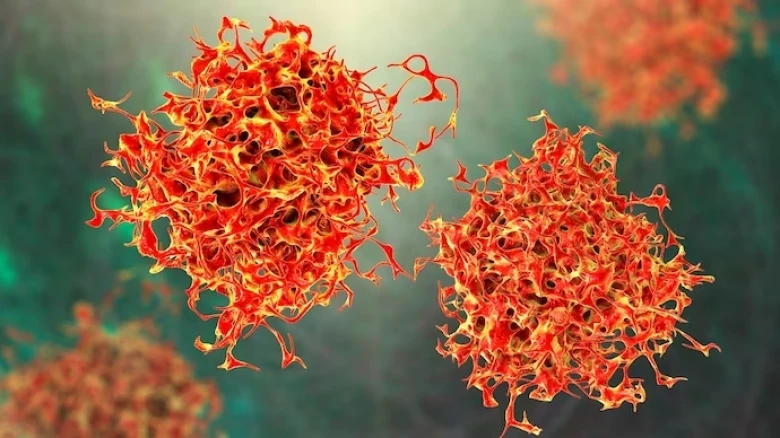Sports

Cancer immunotherapy has been hailed as a beacon of hope for patients, offering a targeted alternative to...
Digital Desk: In a groundbreaking discovery, researchers at the Indian Institute of Science (IISc) have revealed insights that could revolutionize cancer immunotherapy, a treatment method harnessing the body's immune system to combat cancer cells. The study, recently published in Frontiers in Immunology, focuses on the crucial role of interferon-gamma (IFN-γ), a cytokine critical for immune response, and its interaction with various cancer cells.
Cancer immunotherapy has been hailed as a beacon of hope for patients, offering a targeted alternative to traditional treatments such as chemotherapy and radiation, which often harm healthy cells. However, challenges, including cost and varying efficiency, have hindered its widespread success.
The IISc research aims to address these challenges by investigating how different cancer cells respond to IFN-γ activation. Avik Chattopadhyay, a PhD student at IISc's Department of Biochemistry and the study's first author, highlights the significance of IFN-γ in triggering apoptosis, or programmed cell death, in tumor cells. Chattopadhyay explains, "If there's a deficiency in IFN-γ or its signaling pathway, the cancer cells may not respond effectively to immunotherapy."
The researchers observed a unique response in liver and kidney cancer cell lines, which increased their production of nitric oxide (NO) and lactic acid when activated by IFN-γ. This resulted in toxic reactive oxygen species (ROS) capable of inducing cell death. Surprisingly, colon and skin cancer cell lines did not exhibit the same response, suggesting potential resistance to immunotherapy.
To overcome this resistance, the team experimented with methods to induce lactic acid and NO production in non-responsive cells. The addition of potassium lactate emerged as a game-changer, significantly reducing the growth of even stubborn cancer cells.
Professor Dipankar Nandi, the corresponding author, emphasizes that the study is currently a proof-of-concept. Further research using animal models is needed to determine whether targeting metabolic pathways can enhance the anti-tumor effects of IFN-γ during immunotherapy, particularly for challenging-to-treat cancers.
This discovery opens new avenues for refining cancer immunotherapy, potentially making it more effective and accessible for a broader range of patients. The IISc team's research contributes significantly to the ongoing efforts to advance cancer treatment options.
Leave A Comment